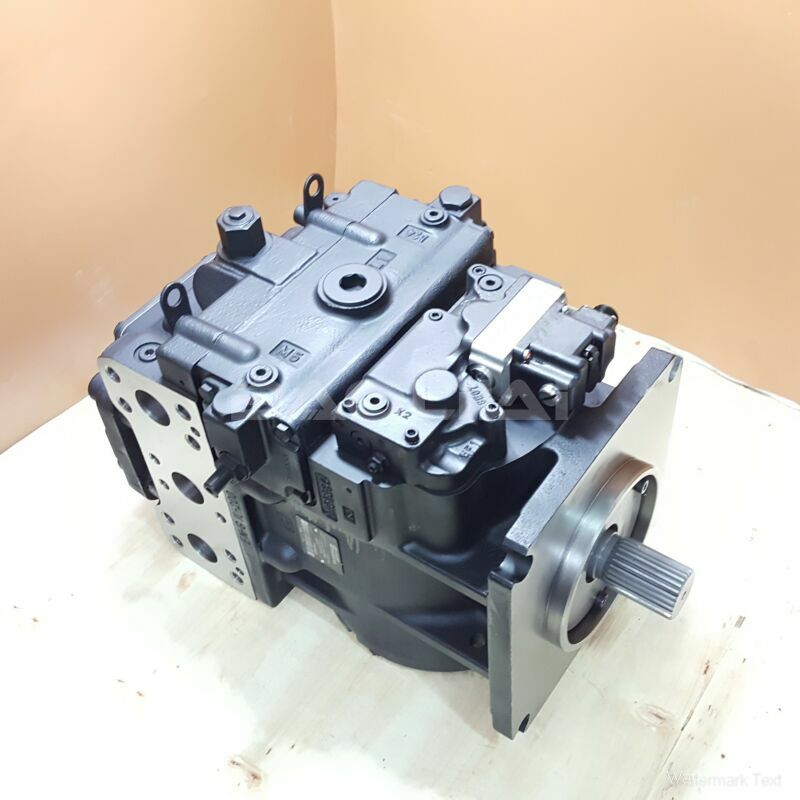90L055MA1NN60S3S1C03GBA292924 danfoss pump
90L055MA1NN60S3S1C03GBA292924 danfoss pump

- Product Details
- Applicable Scene
Hydraulic pumps play a pivotal role in numerous industries, facilitating the efficient transfer of energy through fluids. While traditionally seen as powerful and effective components in machinery, the environmental benefits of hydraulic pumps are increasingly coming to the forefront. As industries strive to reduce their ecological footprints and embrace sustainable practices, hydraulic pumps offer innovative solutions that can significantly contribute to environmental sustainability.
90-L-055-MA-1-NN-60-S-3-S1-C-03-GBA-29-29-24
90L055MA1NN60S3S1C03GBA292924
One of the primary environmental benefits of hydraulic pumps is their energy efficiency. Compared to electric motors and other conventional power sources, hydraulic systems can achieve a higher power-to-weight ratio, allowing for substantial energy savings. By optimizing energy use, businesses can reduce their carbon emissions and reliance on fossil fuels. This not only curtails greenhouse gas emissions but also leads to lower operational costs, making hydraulic pumps an attractive option for companies seeking to align their operations with environmental goals.

94-21118
Another notable advantage of hydraulic pumps is their ability to facilitate recycling and the efficient management of waste materials. In many applications, hydraulic pumps are used to process and transport waste efficiently. For example, in the construction and demolition sectors, hydraulic systems can help with the sorting and crushing of debris, allowing for greater recycling of materials like concrete and metal. This reduces landfill waste and promotes a circular economy, where resources are reused and repurposed rather than discarded.
In agriculture, hydraulic pumps are essential for the efficient use of water resources. With increasing concerns about water scarcity and conservation, hydraulic systems can be effectively employed to manage irrigation systems, ensuring optimal water distribution. By using precision hydraulic technology, farmers can minimize water waste, optimize crop yields, and reduce the overall environmental impact of agricultural practices. This aspect is particularly crucial in regions where water is a scarce commodity, reinforcing the need for sustainable farming methods.





